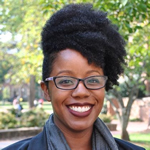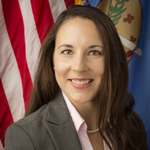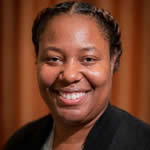Online library services often exclude people with disabilities. Purposeful design and use of digital resources (including websites, databases, and social media) can improve inclusion. This session includes some basic technical considerations as well as institutional actions that can be taken to create more inclusive online spaces. Participants are encouraged to share their own accessibility-related concerns, questions, and comments.
While there are clear ethical and legal arguments for ensuring that all library services are equitable, there are many reasons why libraries should be particularly concerned with creating more inclusive online spaces for people with disabilities now. Young people with disabilities have higher rates of internet use than their elders and are more likely to be exposed to technology in educational spaces. Moreover, a library’s digital presence is key to advertising in-person events and sharing information regarding the accessibility of its physical space.
Along with institutional and website accessibility considerations, this presentation will also provide up-to-date guidance on ensuring libraries’ social media presence takes advantage of inclusive practices on social media. Social media connects institutions with community members who may never enter a library building but may attend events virtually. This includes activities such as online story-times, author read-alongs, and virtual book club meetings. Additionally, there are many disability activists and self-advocates active on social media who engage in conversations related to disabilities. Connecting the library to these conversations can educate library staff on community members’ experiences and needs as well as foster mutual engagement.
This presentation is designed for both current librarian practitioners and future librarians interested in accessible technology or tasked with developing inclusive practices for their institutions. Advanced technological knowledge is not required, although a willingness to test out digital tools will be encouraged during the session.
Laura March, PhD Student & Research Assistant, UNC-Chapel Hill

Dr. Amelia Gibson, Assistant Professor, UNC-Chapel Hill: School of Information and Library Science











